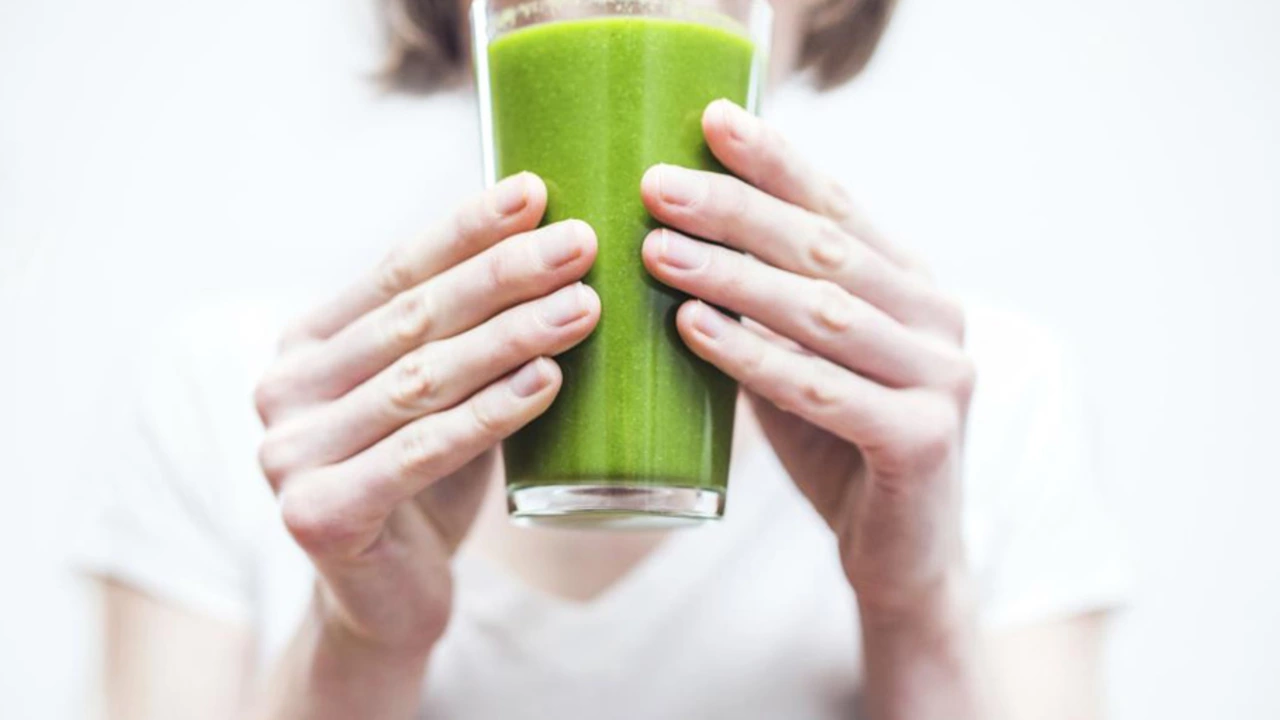Detox: Practical, Safe Ways to Clear Out Toxins
Detox sounds simple: get rid of junk and feel better. But most detox claims overpromise. Here's what actually helps, what to avoid, and safe steps you can use today.
Liver, kidneys, lungs, skin, and gut work every day to remove waste. You can support them with real habits instead of risky cleanses. Focus on small changes that improve how your body processes toxins.
Start with water and sleep. Well hydrated kidneys flush waste better. Aim for regular sleep schedules because many repair processes run while you sleep. Don’t rely on extreme fasting or low calorie cleanses. They cause weakness, headaches, and rebound overeating.
Improve your diet with simple swaps. Eat whole foods: vegetables, fruits, lean proteins, whole grains, and healthy fats. Cut back on processed foods, added sugar, and too much red meat. Fiber feeds the gut and helps remove bile-bound waste. Aim for beans, oats, apples, and leafy greens. A change like trading sugary snacks for a piece of fruit lowers the daily toxic load and supports steady energy.
Move your body. Moderate exercise boosts circulation and lymph flow. Sweating through brisk walks, cycling, or light jogging helps release some toxins through skin. But avoid extreme workouts when you're dehydrated or ill. Pair activity with proper hydration and rest.
Watch medications and supplements closely. Some detox products promise fast liver cleansing but can interact with prescriptions or damage the liver. If you take regular meds, check with your doctor before starting any supplement. Herbal remedies like kava or high-dose vitamin A can be harmful. More familiar items — acetaminophen and alcohol — are common causes of liver stress when misused. Use them responsibly.
If you want to use supplements, pick well-studied options and use them short-term. Milk thistle has some evidence for liver support in certain conditions, but results vary. Probiotics can improve gut balance after antibiotics. Avoid multi-ingredient "detox" blends that promise overnight results; they often lack solid research and can cause side effects.
Understand drug detox versus wellness cleanses. Drug detox programs are medical treatments for removing addictive substances and managing withdrawal. They require supervision, tested protocols, and sometimes medication. Wellness cleanses are about general health habits. Don’t confuse the two.
Know when to get help. See a doctor if you have persistent fatigue, jaundice, unexplained weight loss, or severe digestive issues. Blood tests and imaging reveal liver or kidney problems early. A health professional can guide safe detox choices based on your medical history.
Short checklist: drink water, sleep well, eat fiber-rich whole foods, move daily, skip miracle cleanses, and talk to your clinician before starting supplements. Small changes done consistently matter more than dramatic fasts. Your body clears toxins best when you treat it with steady, practical care.
If you want a quick plan, try a two-week reset: cut alcohol, eat more greens, add daily walks, hydrate, and review meds with your doctor. Track how you feel—energy often improves within days. Be patient and consistent. Always.
From Weight Loss to Detox: The Incredible Benefits of Wheatgrass as a Dietary Supplement

In my latest blog post, I delve into the incredible benefits of wheatgrass as a dietary supplement. I found that not only does it aid in weight loss, but it also serves as a powerful detoxifier. This superfood is packed with essential nutrients and antioxidants that help improve your overall health. From boosting energy levels to enhancing the body's immunity, wheatgrass has a plethora of health benefits. If you're looking for a natural supplement to add to your diet, wheatgrass is a fantastic option.
